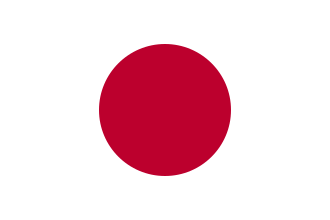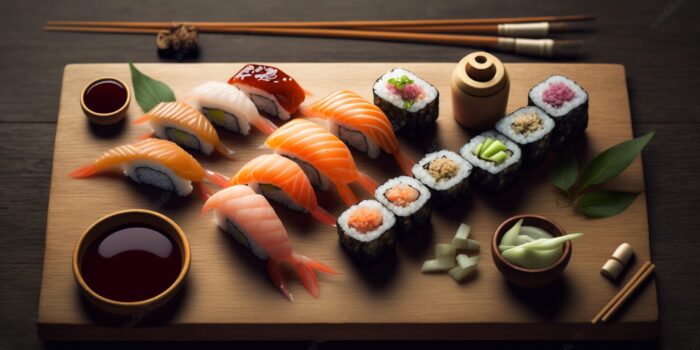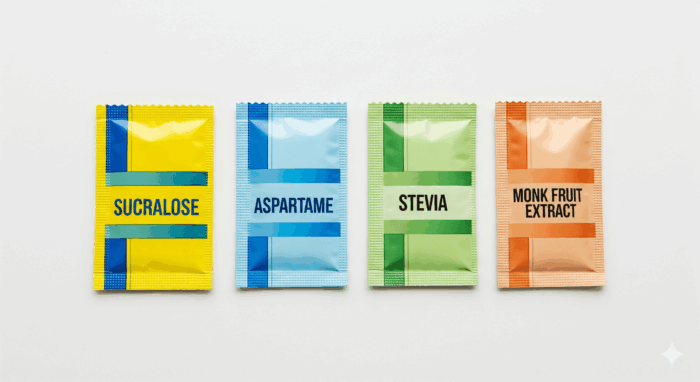The Torah gives two simanim for kosher fish: fins and scales. However, Chazal have already told us that in reality any fish that has scales also has fins, so technically if a fish has scales, it is kosher.
Certainly, one may buy a whole fish from anywhere and if one can find scales on it, the fish is permissible. (They must be easy to remove without damaging the skin.)
If one wishes to buy a fillet (not a full fish), and the skin is still attached and one can find scales on it, it would be permissible to buy the fish from anywhere. However, if the skin is removed, there is no longer a way to verify the kashrus of the fish, and one would only be able to buy it from a source with reliable kosher certification.
If most of the skin has been removed but a small patch of skin has been left on it and one can find scales on it, the fillet can be considered kosher and can be bought anywhere. However, care should be taken to check the patch to ensure it is still naturally attached to the fish and is not cut off and artificially reattached.
To check for scales, one should run one’s nails on the skin against the direction of the scales and one should be able to pull off a scale or two. Even skin that was descaled will usually have a few scales left on. If one is unable to find even one scale on the fish, the fish is not allowed (unless it is kosher certified by a reliable agency).
There are many Poskim who maintain that salmon is an exception to this rule and is allowed even without checking for scales. This is because the color of salmon is unique, and no other non-kosher fish have the same color. According to them, one may buy salmon from anywhere, even without skin and without kosher certification, because the color is the siman kashrus. The OK also follows this opinion.
If one is buying fish from a fishmonger who also processes non-kosher fish (in the permissible ways described above), one should rinse the fish thoroughly at home before preparing it, just in case it was cut with a knife or on a cutting board that was previously used to cut a non-kosher fish.


 EN
EN  ZH
ZH  KR
KR  BR
BR  ES
ES  IN
IN  IL
IL  JP
JP 




